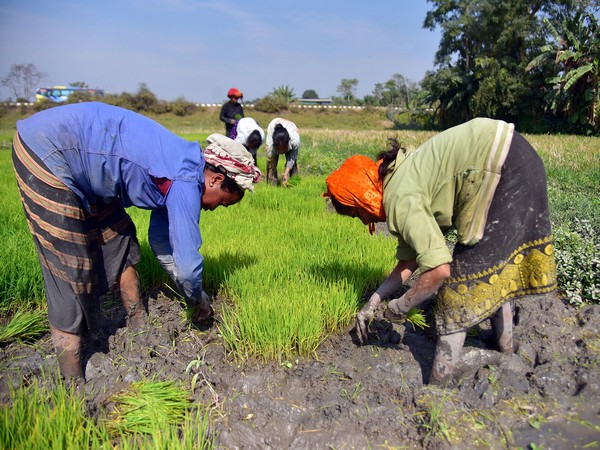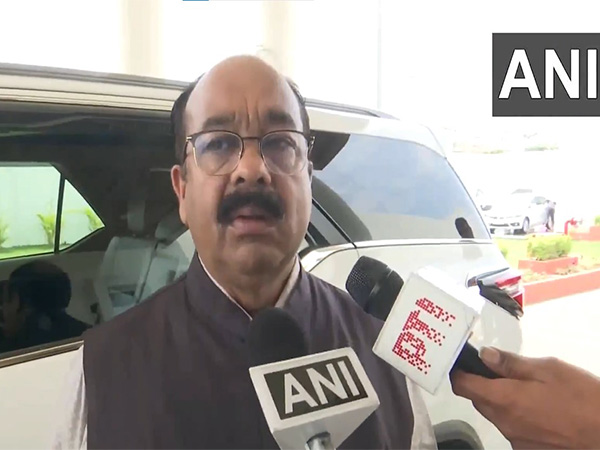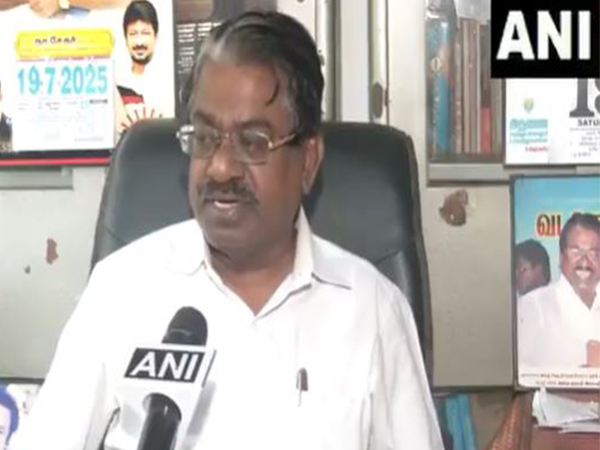New Delhi [India], July 25 (ANI): Following the major thrust to enhance the agriculture sector shown by the government in the budget announcements, a comprehensive strategy to boost agricultural productivity and resilience of the sector has been prepared, the Ministry of Agriculture and Farmers Welfare said.
As per the release, the plan includes a research infrastructure review, the development of climate-resilient crop varieties, the promotion of natural farming among one crore farmers, and the establishment of bio-input resource centres, among others.
The government is also making efforts to achieve self-sufficiency in pulses and oilseeds, developing vegetable production clusters, implementing Digital Public Infrastructure in agriculture, and supporting shrimp farming through NABARD, the Ministry said.
These initiatives aim to modernise agriculture and ensure sustainable growth across the sector.
Let’s summarise each strategy briefly and discuss how government schemes have progressed in these areas.
Under the natural farming segment, as also recognised by Finance Minister Nirmala Sitharaman, the government will train 1 crore farmers in natural farming to enhance productivity, sustainability, and access to premium markets for organic produce. This initiative aims to provide farmers with certifications and branding, facilitating a shift towards sustainable agriculture.
Natural farming can be defined as chemical-free and livestock-based farming.
In its efforts to achieve self-sufficiency in pulses and oilseeds, the government has implemented the National Food Security Mission-Oilseeds (NFSM-OS) to augment the availability of edible oils and reduce the import burden by increasing the production and productivity of the country.
The government has increased Minimum Support Prices (MSP) for the 2024-25 Kharif season to stimulate crop production.
The government has announced a significant initiative to introduce 109 new high-yielding and climate-resilient varieties across 32 field and horticulture crops, aimed at revolutionizing agricultural practices nationwide.
In addition, the government has also enhanced the scope of the Digital Public Infrastructure (DPI) to equip the sector with digital tools.
As part of the initial phase, a digital crop survey will be conducted during the Kharif season in 400 districts, the ministry said in the release.
India is currently, the 2nd largest fish-producing country with around 8 per cent share in global fish production and a record high fish production of 174.45 lakh tonnes (2023-24). India also stands 2nd in aquaculture production and is one of the top shrimp-producing and seafood-exporting nations in the world. The sector provides sustainable livelihoods to over 30 million people mostly within the marginalised and vulnerable communities. (ANI)
Disclaimer: This story is auto-generated from a syndicated feed of ANI; only the image & headline may have been reworked by News Services Division of World News Network Inc Ltd and Palghar News and Pune News and World News
HINDI, MARATHI, GUJARATI, TAMIL, TELUGU, BENGALI, KANNADA, ORIYA, PUNJABI, URDU, MALAYALAM
For more details and packages
















